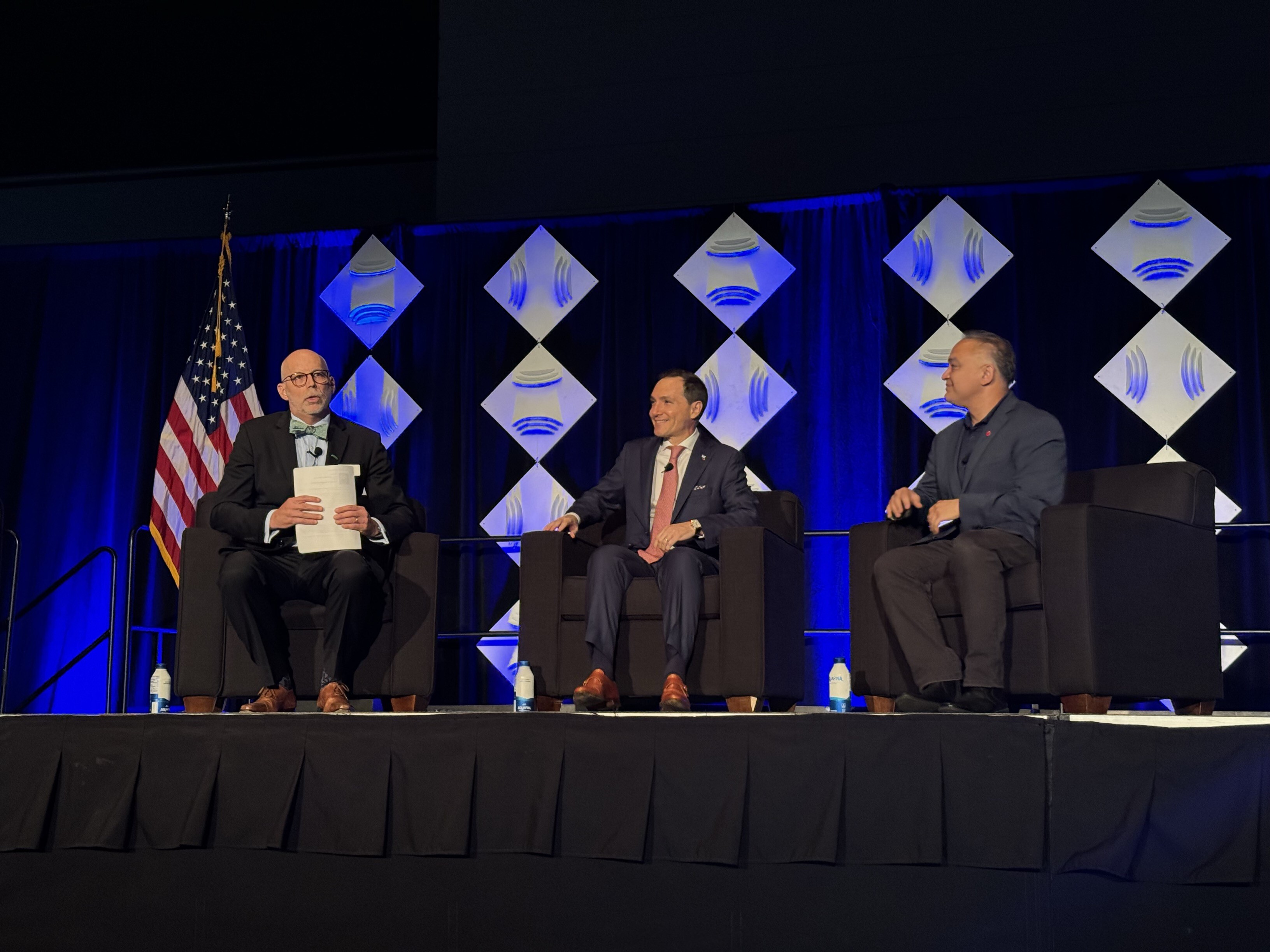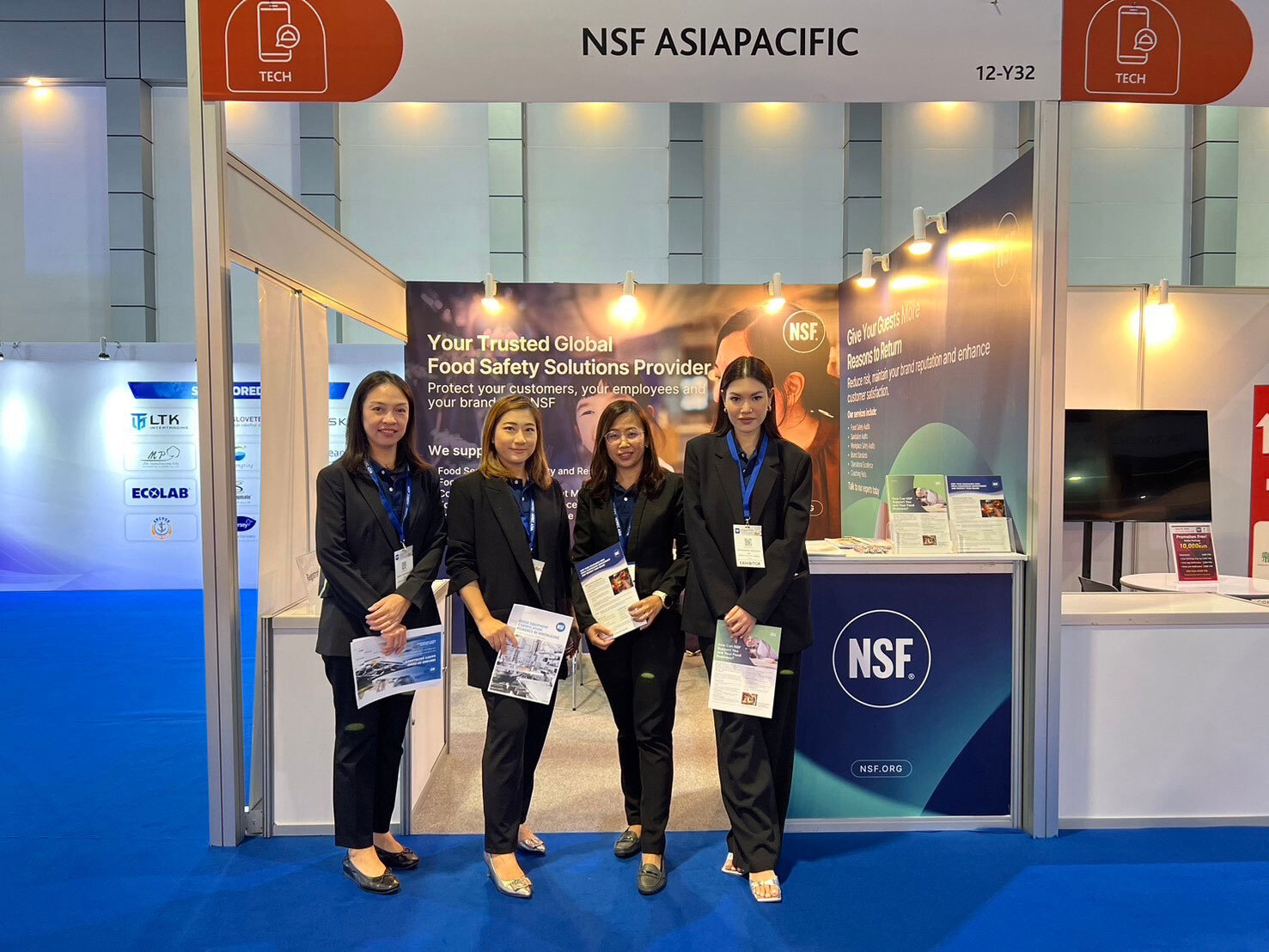NSF Standard to Address Legionnaires’ Disease Risks Described by U.S. CDC
ANN ARBOR, Mich. - NSF, a global public health and safety organization, is developing a building water health standard to help building owners and operators evaluate and minimize the risk of disease and injury associated with building water systems. The new standard, NSF 444, will address growing public concern about building water health, including recent findings on Legionnaires’ disease cases reported by the U.S. Centers for Disease Control and Prevention (CDC).
Based on a CDC analysis of data from 20 states and New York City, 76 percent of reported cases of Legionnaires’ disease were found to be associated with health care facilities. This finding highlights the risk of Legionella bacteria exposure for patients, especially in long-term care facilities and hospitals. This is not the first time the CDC has warned about health risks associated with building water systems.
In June 2016, CDC Vital Signs stated that reported cases of Legionnaires’ disease had nearly quadrupled since 2004 with 5,000 diagnosed cases in 2014. Water management problems were cited as one of the main causes of these outbreaks.1
In addition, the CDC published a toolkit for building owners and managers, Developing a Water Management Program to Reduce Legionella Growth & Spread in Buildings: A Practical Guide to Implementing Industry Standards.
Legionnaires’ disease is a serious lung infection contracted by inhaling small droplets of water that contain Legionella bacteria. According to the CDC report, one in four people who contract Legionnaires’ disease from a health care facility will die as a result.
NSF is recognized as a global leader in water quality and safety. Founded in 1944, NSF developed the American National Standards for all materials and products that treat or come in contact with drinking water to help protect public health and the environment and minimize adverse health effects. Today, NSF is also focusing on building water health – or the health and safety of water once it enters a building. NSF's building water health program provides a variety of services including independent auditing of building water systems and products, development of water safety plans to minimize the risks associated with water in buildings and Legionella risk assessments for building water systems.
In facilitating development of a building water health standard, NSF will help establish the minimum requirements and expectations necessary to prevent disease and injury from physical, chemical and microbial hazards. The standard NSF 444: Prevention of Injury and Disease Associated with Building Water Systems will establish minimum requirements for the design, construction, commissioning, operation, maintenance, repair, replacement and expansion of new and existing building water systems (potable and non-potable). The new standard applies to human-occupied commercial, institutional, multi-unit residential and industrial buildings as well as entertainment venues, such as concert halls and sports arenas. This standard does not apply to single-family residential buildings. The new building water health standard is expected to be finalized and published in 2018.
Interested stakeholders are invited to participate in the standard development process facilitated by NSF. Health care providers, water authorities, public health departments and other interested parties can participate in the joint committee tasked with developing the new building water health standard.
For more information on NSF’s building water health-related standards, contact Jessica Evans at jevans@nsf.org or call +1 734 913 5774.
Editor’s Note: Media interested in more information can contact media@nsf.org or call +1 734 214 6242.
About NSF: NSF is a global independent organization that writes standards, and tests and certifies products for the water, food, health sciences and consumer goods industries to minimize adverse health effects and protect the environment (nsf.org). Founded in 1944, NSF is committed to protecting human health and safety worldwide. Operating in more than 170 countries, NSF is a Pan American Health Organization/World Health Organization (WHO) Collaborating Center on Food Safety, Water Quality and Indoor Environment.
NSF’s water services include certification of products that come in contact with drinking water, such as plumbing components, water treatment chemicals and drinking water filters, as well as pool and spa equipment and chemicals. NSF led the development of the American National Standards for all materials and products that treat or come in contact with drinking water to help protect public health. In 1990, the U.S. EPA replaced its drinking water product advisory program requirements by referencing NSF standards. Today, 48 of 50 states and both major national plumbing codes require accredited third-party certification to NSF standards for pipes and plumbing components in commercial and residential buildings.
1https://www.cdc.gov/stltpublichealth/townhall/presentations/2016/vs-june.pdf
Share this Article
How NSF Can Help You
Get in touch to find out how we can help you and your business thrive.

What’s New with NSF

NSF Shanghai Named Critical Site for NSF/ANSI 455 and NSF/ANSI 173 by ANSI National Accreditation Board
July 26, 2024
NSF Takes Center Stage at NEHA Annual Education Conference
July 25, 2024
NSF Asia Pacific Showcases Hospitality Solutions at THAIFEX HOREC Asia 2024 in Bangkok, Thailand
July 4, 2024